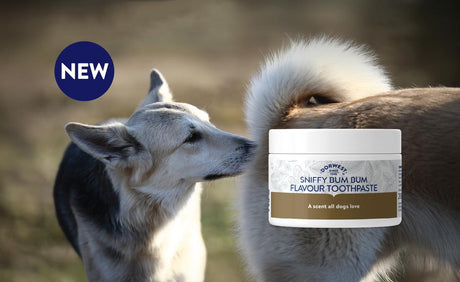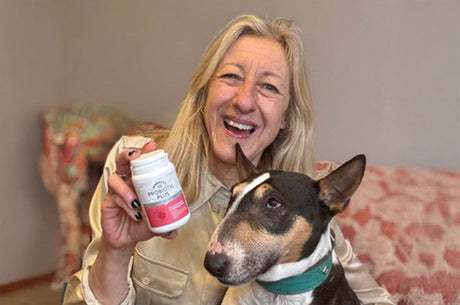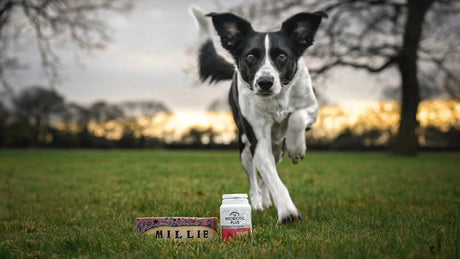Dogs are more susceptible to heat stroke than humans and one of the main reasons is that they are wearing a fur coat. So with the temperature rising it’s time to be aware that the summer heat can become dangerous to your dog very quickly. Dogs rely on breathing out excess heat by panting to help them cool down, which can be less effective than sweating in the way humans do, so therefore can make them more prone to suffering from heat stroke. Dogs with thick coats can have a harder time in the heat along with dogs with flat muzzles such as Bulldogs, Pugs and Boxers, as they have less ability to blow out hot air due to smaller airways.
However there are things you can do to help prevent heat stroke in your pet; providing access to shade and plenty of water will help them manage with the climbing temperatures without too many problems. It’s also a good idea to choose cooler times of the day to exercise your dog, and so early morning and late evening walks are far better than midday. Dogs which are overweight or have heart or lung conditions are often more likely to suffer from heat stroke, so choosing cooler times to exercise is essential for dogs with these problems.

Hopefully everyone will know that one of the biggest causes of heat stroke in dogs is when they are left in parked cars which can very quickly become like ovens, with temperatures reaching up to and above 38 C. Even with the windows left open the temperature can quickly rise in excess of 26 C, so the message cannot be repeated often enough - never leave your dog in the car, even for a few minutes.
If your dog does show signs of heat stroke it is essential to get the dog’s body temperature down quickly. The best and fastest way to do this is with water, but never ice cold water as this can be dangerous. Ideally putting the dog in a bathtub or pool or using buckets of water can be great but if they are not available use wet towels. The wet towels should be wrapped around the dog’s body especially the chest, and the towels will often need to be refreshed every few minutes as they will reach the same temperature as the dog’s body very quickly and render them ineffective.
Heat stroke can happen very quickly, so be vigilant and don’t leave your dog at risk. The symptoms to look out for include:
Rapid Panting
Drooling
Anxiety
Staring in to space
Hyperventilation
Rapid heartbeat
Diarrhoea
Vomiting
Weakness
Collapse
Seizures
We hope you and your pets have a happy and safe Summer!








